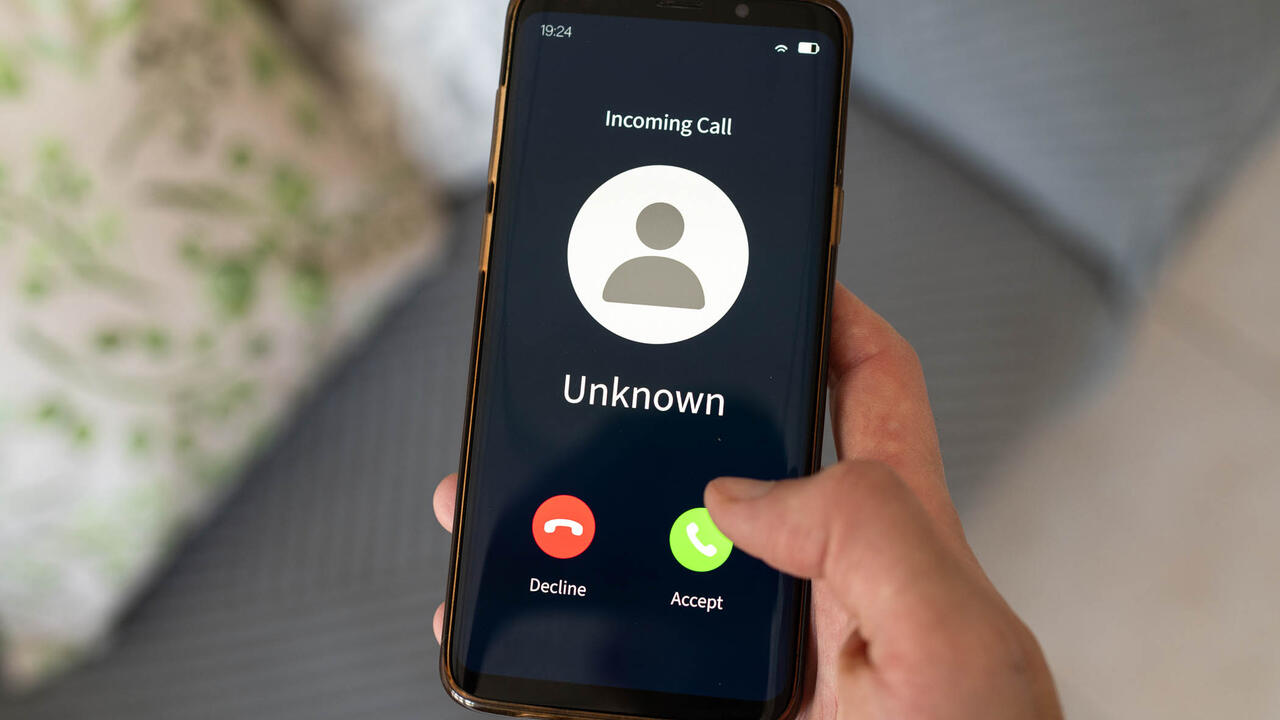Extension for Real Life
How to Spot a Scam

AdobeStock_1501552297 copy
These days scammers can take advantage of you in several ways—emails, texts messages, phone calls, social media platforms, and traditional mail. Scammers want your money, your personal information, or both.
Anybody, no matter their age, can be scammed. Many scams are getting more sophisticated and harder to recognize. But you can help protect yourself by understanding what the Federal Trade Commission and the Consumer Financial Protection Bureau say are the most common warning signs of scams:
Scammers claim to be someone you know and ask for money or personal information. Scammers claim to be family members or employees of government entities, banks, utility companies, law enforcement, tech companies, and charities you know. Technology makes it possible for them to change the name and number that appears on caller ID. This way, they appear to be calling from a local number or the business or organization they claim to represent. Artificial intelligence also makes it possible to clone people’s voices.
Scammers say there is a problem or you owe money before you can claim a prize. Scammers may say you need to pay money to avoid going to jail or there is a problem with one of your accounts or your computer. They also may tell you that you must send money before they can award you a prize.
Scammers ask for access to your money. They ask you for the numbers or passwords to your bank accounts, investment accounts, credit cards, ATM cards, or cryptocurrency wallet keys.
Scammers create a sense of urgency or emergency. They want you to act immediately without thinking. They insist you stay on the phone and may even threaten you with jail time or loss of your driver’s or business license. They may say that a family member is in trouble, or your computer will be infected with a virus.
Scammers insist you pay in a certain way. They demand you pay by wiring money, putting money on a gift card and giving them the numbers on the back, or using cryptocurrency or payment apps. Others will ask you to deposit a check and send them the money.
For more information about scams and how to protect yourself, visit the Federal Trade Commission and Consumer Financial Protection Bureau websites.
Authors
-
 Extension Associate II
Extension Associate II- Agricultural Communications